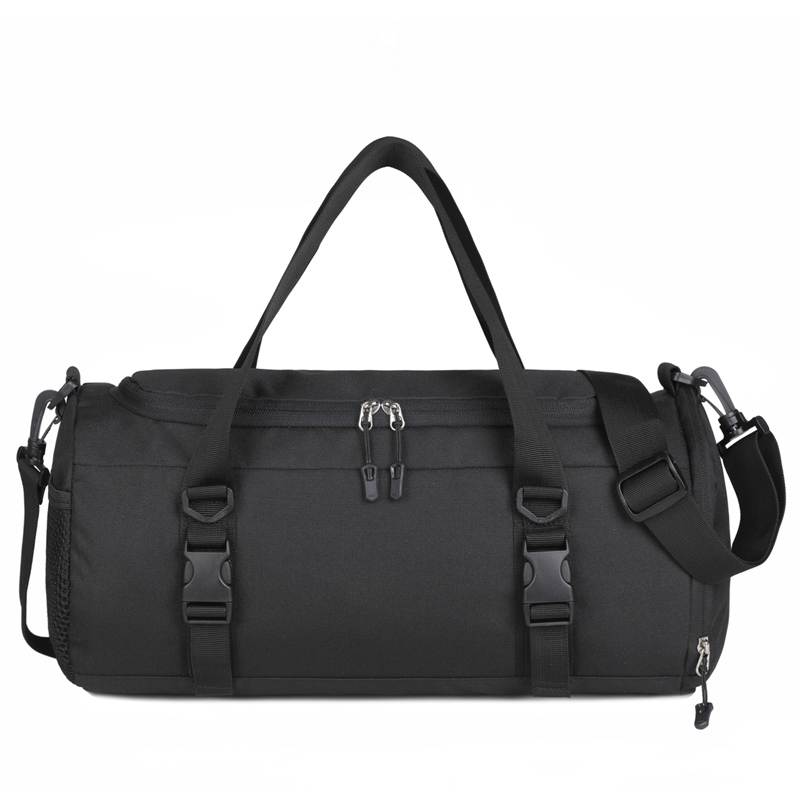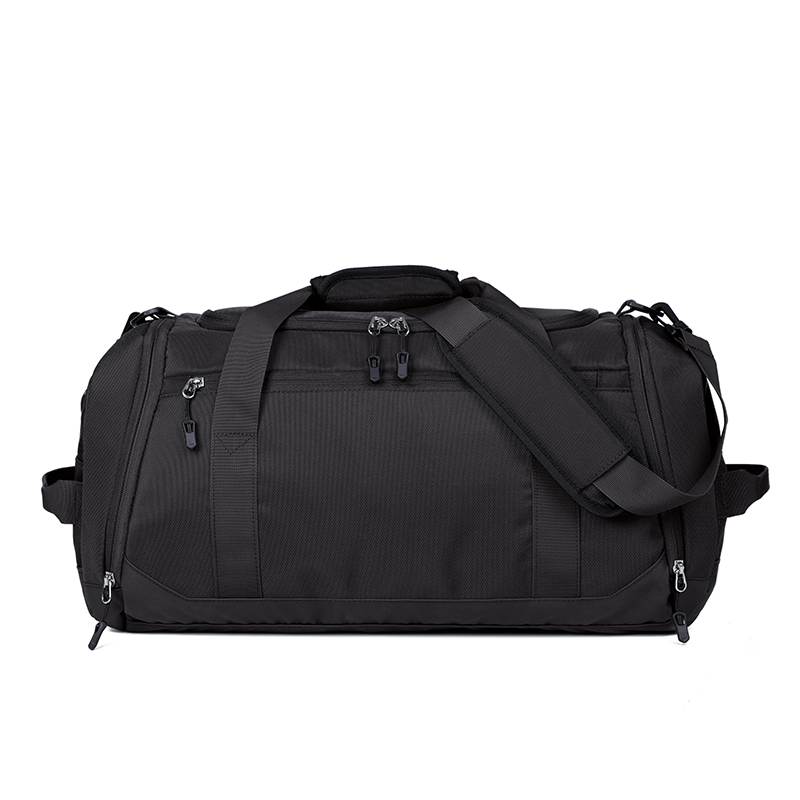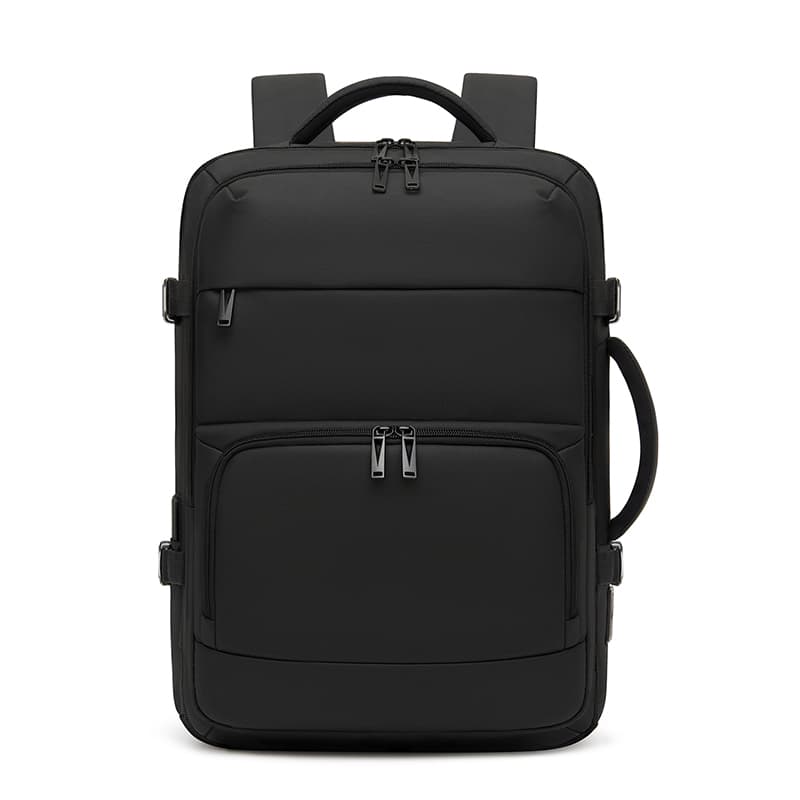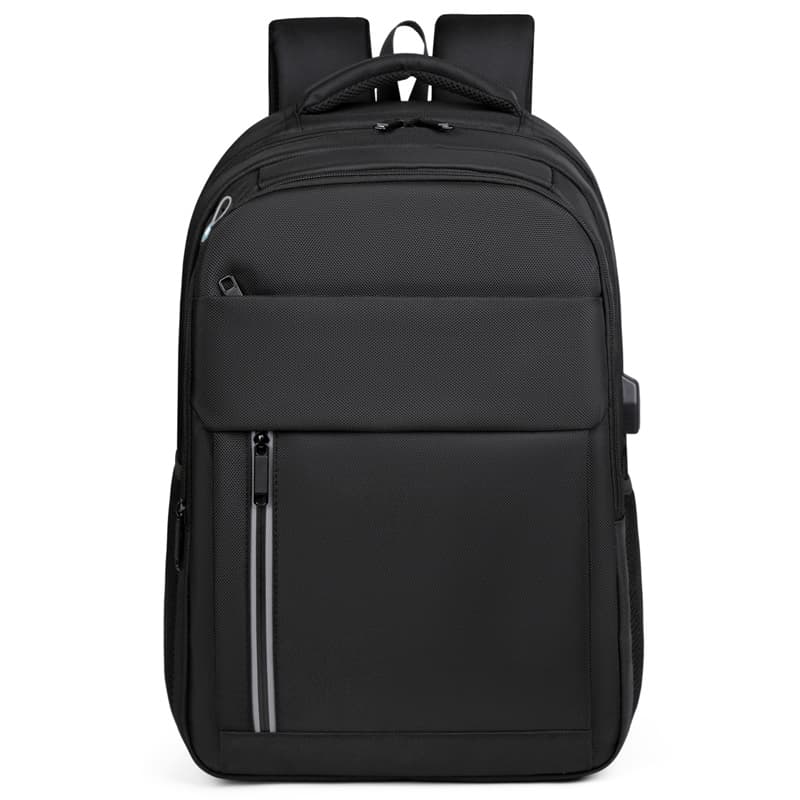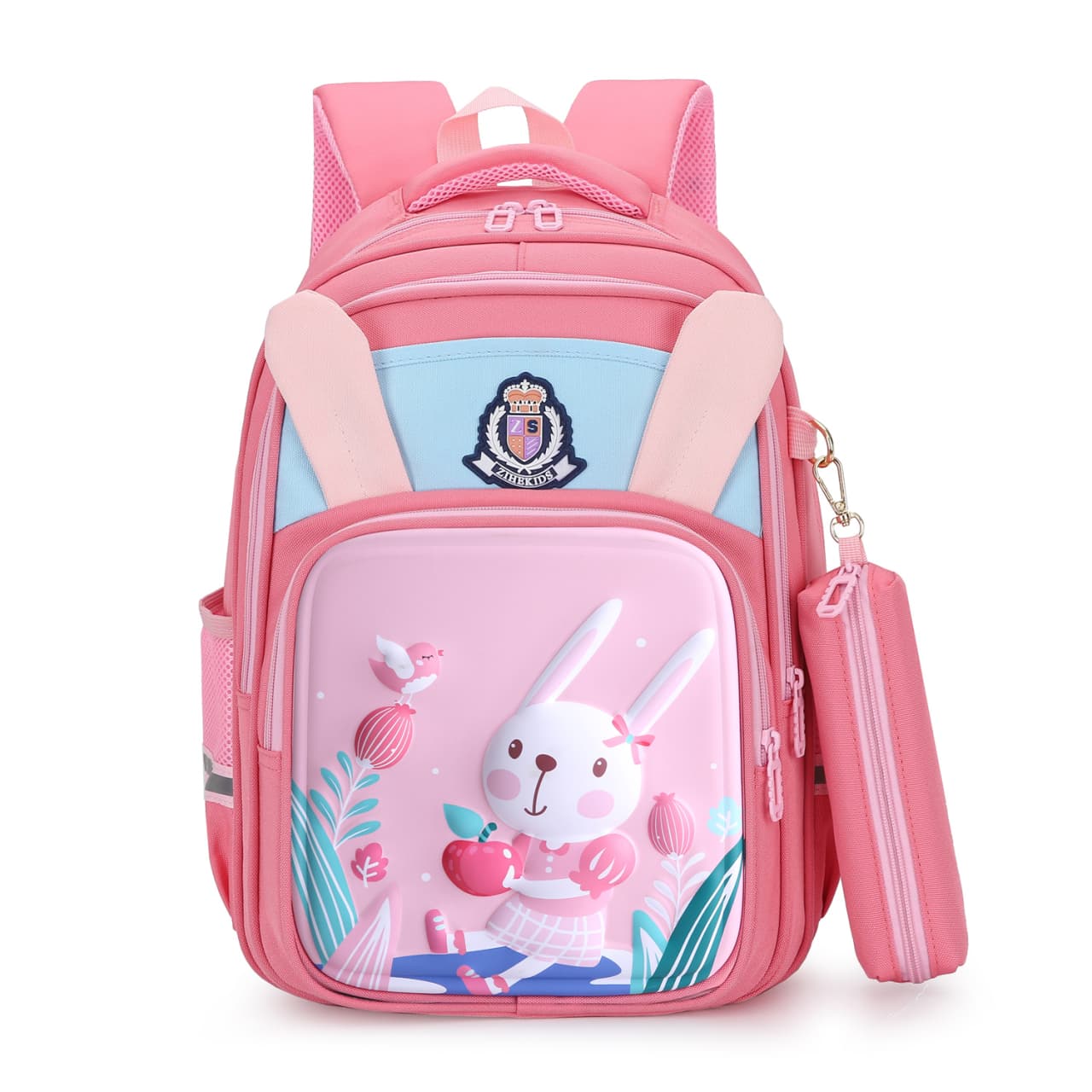The Apocalypse of Sri Lanka: "Small Country Risks" in the Giant Waves of "No Great Changes in a Century"
2022-07-20 13:53:29
hebei leimande
The Apocalypse of Sri Lanka: "Small Country Risks" in the Giant Waves of "No Great Changes in a Century"
The Maldives attracts tourists from all over the world with its charming sea scenery. The island is next door to the Maldives in Sri Lanka. Sri Lanka is also known as the "Pearl of the Indian Ocean". In 2018, Sri Lanka was included in the list of the top ten best countries to travel to in 2019, ranking first. Buddhism is prevalent in Sri Lanka. When residents and Buddhist monks talk, they try to lower the heads of the monks slightly, let alone hand things to Buddhist monks and believers with their left hand. By bus, ordinary people get on the bus from the back door, while monks get on the bus from the front door, and there is a special seat for monks in front of the bus.
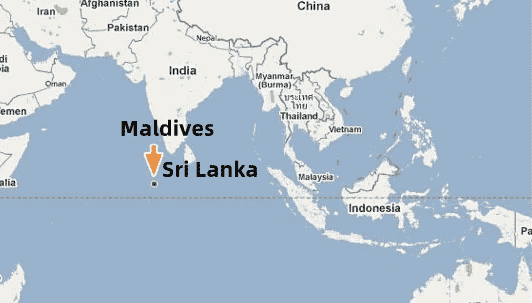
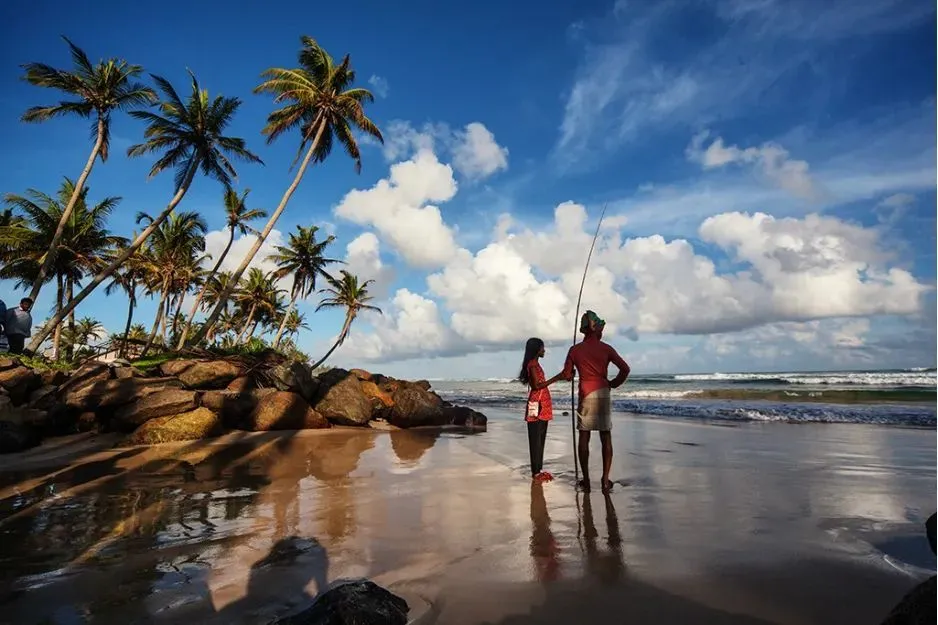
Sri Lanka is one of the three major tea producing countries in the world and the largest black tea production base in the world. In the World Bank's Doing Business Index, Sri Lanka ranks ahead of India, Pakistan and Bangladesh, and is regarded as an entry point for foreign operating bases among emerging countries in the region.
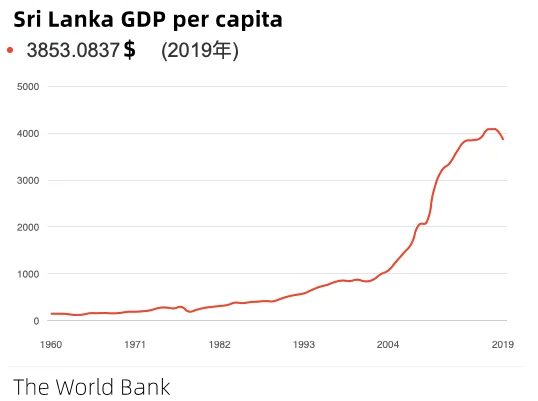
A few months ago, an entrepreneur friend recommended an investment project in Sri Lanka to me, saying that this small country is economically and socially stable. In just a few short months, Sri Lanka has been plunged into political and economic chaos, which is regrettable.
The crisis faced by Sri Lanka is what I call "the overthrow of a small country in a situation that has not undergone major changes in a century". As the saying goes, when elephants fight, grass suffers. It is apt to use this phrase to describe "the overturning of a small country".
The world has changed dramatically since Trump took office in 2017. There has been no major change in a hundred years, and one wave has not settled down:
The first wave: Since 2018, the United States has promoted the "great decoupling" between China and the United States through the trade war and technology war, which has severely impacted the global supply chain.
The second wave: The new crown epidemic that started in 2020 has been delayed until now, causing the global supply chain to be disordered again, and it was once "hard to find a box" of containers.
The third wave: The Russian-Ukrainian war in 2022 opened the first shot of the "reconstruction of the world order after World War II". Putin has vowed to end the unipolar order in the United States and push for a multipolar order. The Russian-Ukrainian war triggered a global energy and food crisis, and a cloud of inflation loomed over the world.
There has not been a major change in a century, and it is mainly a game between big countries. Why is it the small countries that are hurt the most?
First, a big country has strong capabilities and resources, and has a lot of room for maneuver; a small country is weak and has a low ability to resist risks.
Second, large countries tend to have relatively complete industrial structures, while small countries often have a single industrial structure and are more dependent on foreign countries.
Third, big countries have a lot of room for negotiation, while small countries can only hope and sigh. For example, after the outbreak of the Russian-Ukrainian war, India frantically purchased Russian oil. In the past three months, Russia's oil sales to India have surged 50 times, and now account for 10% of India's total oil imports. Obviously, "big customers" like India are given priority.
Fourth, in the face of uncertainty, big countries have "self-protected", exacerbating resource shortages in small countries. According to the International Food Policy Research Institute (IFPRI), more than 20 countries have restricted the export of food or fertilizers. According to the United Nations Children's Fund (UNICEF): Every 10 seconds, a child under the age of 5 dies from the effects of hunger. According to the Food and Agriculture Organization of the United Nations (FAO), 193 million people worldwide suffer from hunger.
"Vulnerability" is the key word for small country economies:
• Sri Lanka is dominated by a plantation economy, with the main crops being tea, rubber, coconut and rice. The industrial base is weak, mainly agricultural products and garment processing industry. Tourism is the third largest source of foreign exchange earnings in Sri Lanka, with more than 130,000 people directly engaged in the hotel industry; in 2017, agricultural output accounted for about 6.9% of GDP, industrial output accounted for 26.8%, and service industry output accounted for 66.1%;
• Sri Lanka's government deficit doubled in 2020 in response to Covid-19;
• Sri Lanka's external debt-to-GDP ratio has soared from 42% in 2019 to 119% in 2021; in March 2022, the country's foreign exchange reserves were only $1.9 billion, and its outstanding foreign debt reached $4 billion. On April 12, Sri Lanka's first sovereign default since its founding in 1948;
• Sri Lanka's central bank governor, Rushkman, a believer in Modern Monetary Theory (MMT), saw a 42% increase in Sri Lanka's money supply from December 2019 to August 2021 (remember history, walk through the fog of MMT voodoo);
• Sri Lanka lacks forward-looking judgment on the world situation: starting from April 2021, Sri Lanka will enforce organic agriculture and ban the use of chemical fertilizers. Agricultural costs have risen 10 times, resulting in a 20% drop in rice production in Sri Lanka and a loss of more than 4% in the tea industry. One hundred million U.S. dollars. In November 2021, Sri Lanka was forced to announce that it was abandoning its goal of "becoming the world's first organic farming country".
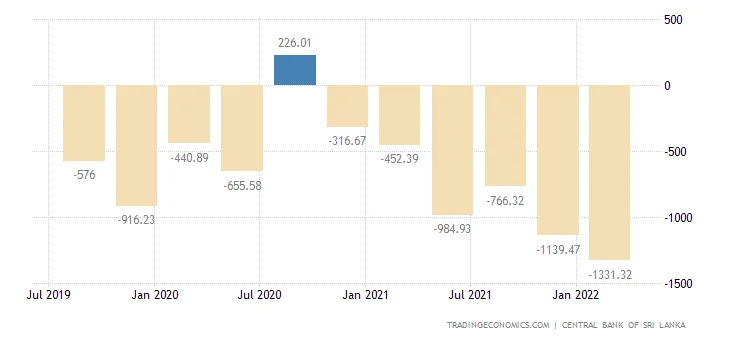
Under the attack of internal and external troubles, Sri Lanka has been overwhelmed:
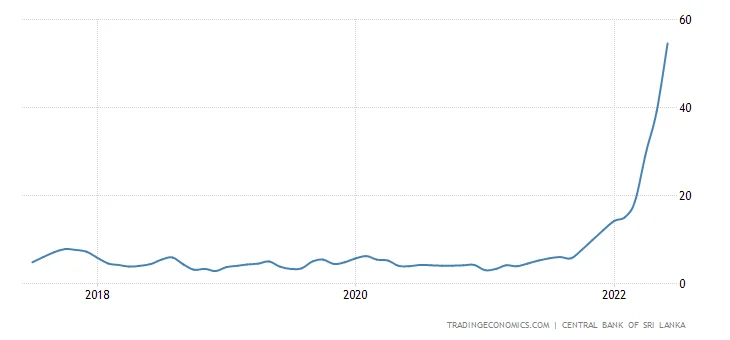
• Inflation in the capital Colombo has exceeded 50% in recent months, eggs have risen fivefold, and food and medicine have become popular.
• Drivers have to wait in long lines for days to get petrol, and more and more people are dying from fatigue, heat or physical confrontation while waiting in line to fill up. As of early July, people died in long lines at gas stations increased to 15;
• Bicycles that don't require refueling have become the first choice for many Sri Lankans, with bicycle prices rising from Rs 10,000 to Rs 80,000;
• Prices of many basic foods, including potatoes, rose by more than 70% year-on-year;
• Due to lack of paper, schools all over Sri Lanka announced the suspension of paper-based examinations, and major newspapers and magazines were also forced to suspend publication.
People take food as their heaven. Finally, angry people rushed into the presidential palace. President Gotabaya Rajapaksa fled to the Maldives and the Rajapaksa family, which had been in power for 20 years, fell apart.
There has been no major change in a century, and it is continuing to accelerate its evolution. The economy of a small country like Sri Lanka will struggle to survive in the cracks of the game between big powers. Sri Lanka will not be the last small economy to suffer. Investors should be highly vigilant against "small country risks in the game of great powers".




